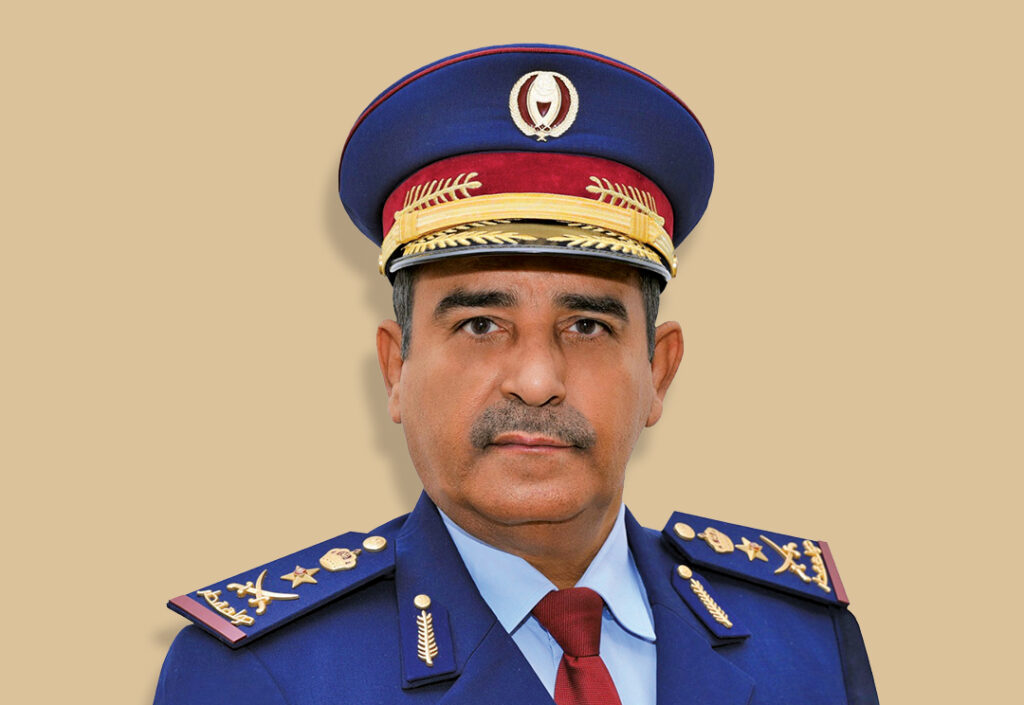I am pleased to accept the invitation of U.S. Central Command to write this editorial introducing the important theme of partnerships and peacekeeping.
Qatar firmly believes in peace and coexistence between peoples, whether in one state or among the peoples of multiple countries. Therefore, the State of Qatar, represented by its prudent government, was and is still a pioneer in offering peace initiatives or directly contributing to international efforts aimed at prioritizing diplomatic solutions and rejecting regional and international conflicts.
Qatar’s leadership has prided itself on its contributions to global peace through collective, multilateral action. We view such partnerships as the best way to promote stability not just in the Middle East and Central and South Asia, but around the world.
This commitment to global partnerships is exemplified by the celebration in 2021 of Qatar’s 50th anniversary of membership in the United Nations, which His Highness Emir Sheikh Tamim bin Hamad Al Thani marked with a speech before the U.N. General Assembly.
With the recent turmoil in Afghanistan, Qatar has reiterated its support for a comprehensive political settlement in that country that respects human rights and opposes terrorism in all forms.
Afghanistan cannot once again become a haven for violent extremists that export terrorism around the world. Nor can the Afghan people be allowed to sink into isolation and poverty, factors that contribute to despair and radicalization. To that end, Qatar has allowed use of its territory to transport humanitarian aid to Afghanistan.
In August and September 2021, Qatar joined international partners in helping evacuate tens of thousands of Afghan individuals and families who feared for their safety. Among those evacuees were students from a girls school. As His Highness the Emir said in his speech to the U.N.: “It was our humanitarian duty.”
When the COVID-19 pandemic struck the world in 2020, Qatar led the way in providing medical supplies to vulnerable populations. It threw its financial support behind the World Health Organization to purchase vaccines for nations in dire need.
Qatar’s commitment to multilateral partnerships is also illustrated by our reliance on the Gulf Cooperation Council (GCC) to create mutual trust through dialogue.
The GCC, together with the U.N., will play an important role in negotiating a future for Yemen that promotes political unity and the territorial integrity of the country. Such collective action will help end the civil war that has destabilized the Middle East.
I can’t discuss partnerships and peacekeeping without describing the critical role Qatar’s Al Udeid Air Base plays in maintaining peace in the region. The recent expansion of the base showcases the enduring partnership between the United States and Qatar.
Al Udeid was the key staging area for aerial missions to defeat Daesh in Iraq and Syria. Flights from the base ensure the free flow of commerce through critical waterways on which Qatar and its neighbors rely. Al Udeid also served as a conduit for thousands of Afghan refugees fleeing their country. More than 40,000 Afghans passed through the base in August and September 2021.
Qatar’s efforts earned the praise of U.S. President Joe Biden, who personally called His Highness the Emir to express appreciation for Qatar’s support of the U.S.-led airlift out of Afghanistan.
Inside this edition of Unipath you will find many examples of ways to enhance peace and partnerships to benefit the region, from intelligence sharing to multinational military exercises to support for refugees. Qatar is proud to be a leader in these very endeavors.
Lt. Gen. Salem bin Hamad Al-Nabet Chief of Staff of the Qatar Armed Forces

